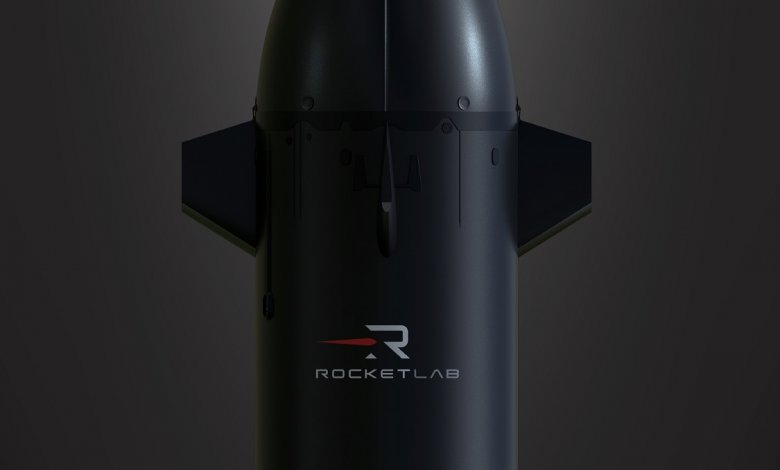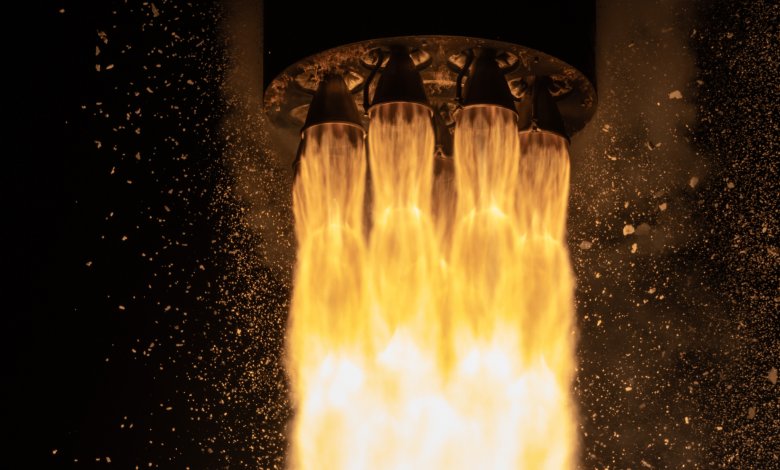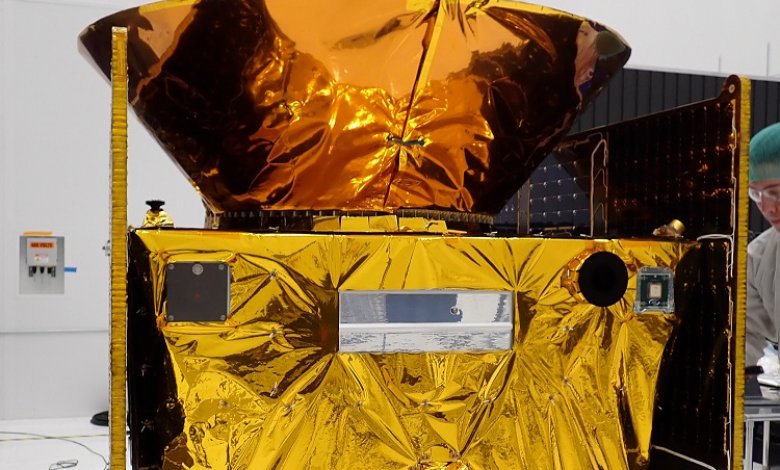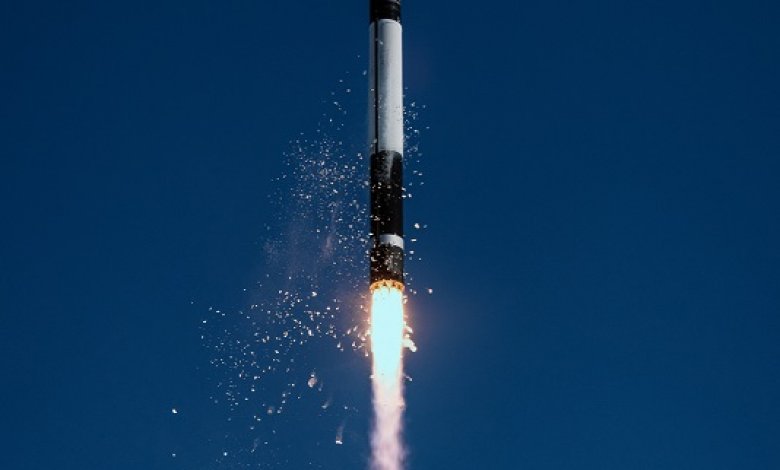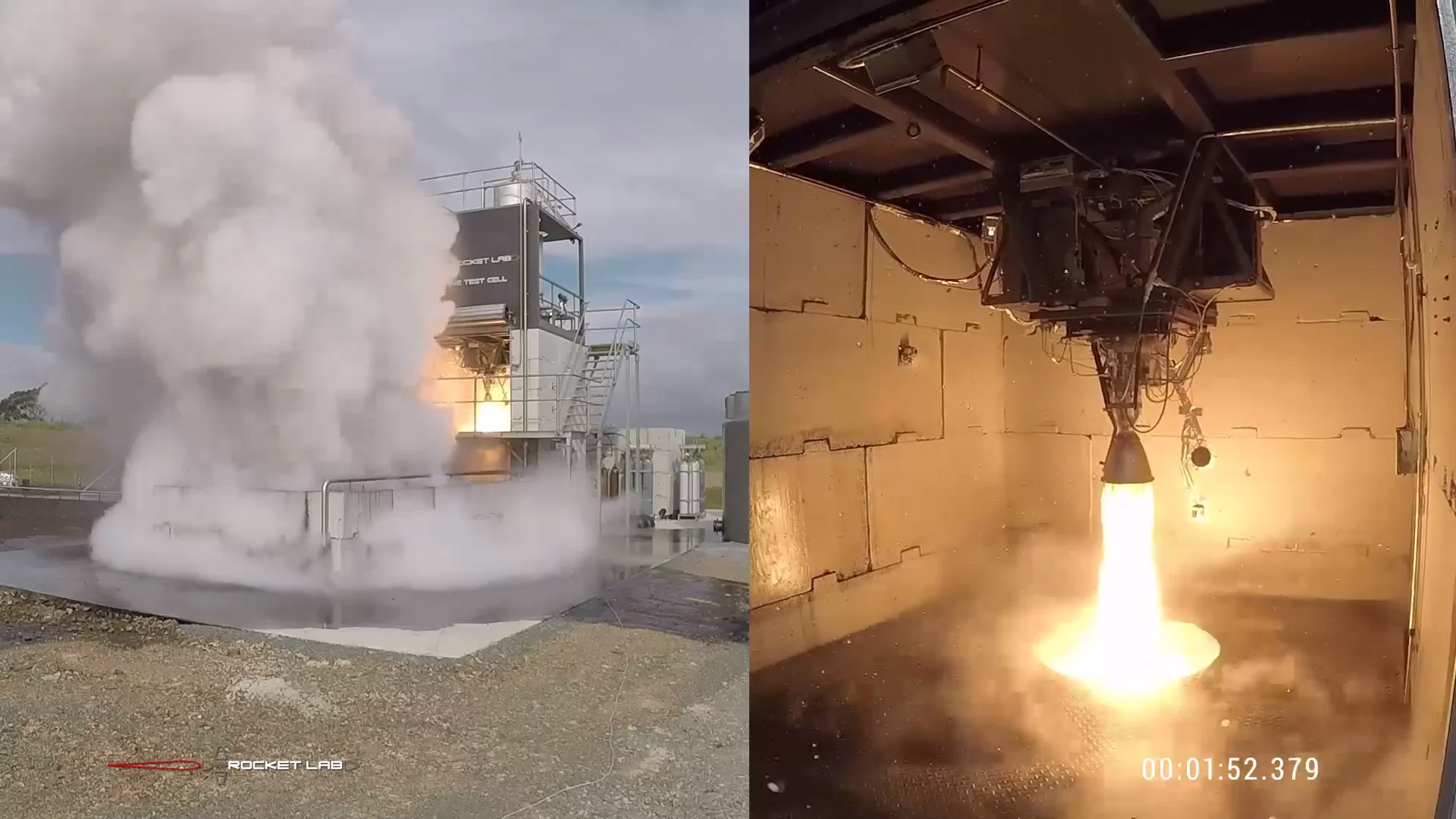
Rocket Lab today announced its Rutherford Engine has been qualified for flight after the completion of a rigorous test program.
The 5,000 lbf Rutherford engine was created by Rocket Lab specifically for the company’s Electron launch vehicle. Rutherford has been tested extensively for over two years, and was qualified for flight after completing more than two hundred engine hot fires. The engine will first be flown during the Electron test program scheduled to run throughout the second half of 2016.
The qualification of the engine is a major milestone for 3D printing; Rutherford is the first oxygen/hydrocarbon engine to use additive manufacturing for all primary components of the combustor and propellant supply system. Rutherford also has a unique electric propulsion cycle, making use of high-performance brushless DC electric motors and lithium polymer batteries to drive its turbopumps.
“Rutherford started as a clean sheet of paper. Without the burden of heritage engines, we were able to make the most of today’s most advanced technologies in ways not attempted before,” said Lachlan Matchett, Propulsion Lead at Rocket Lab.
Preparations are underway to begin manufacturing the engines at volume. “We are seeing the vehicle come together, and are looking to move to manufacturing at quantity for both our test and commercial flights,” said Peter Beck, CEO of Rocket Lab.
Electron uses nine Rutherford engines on its first stage, and a vacuum variant of the same engine on its second stage. The vehicle is capable of delivering a 150kg payload to a 500km sun-synchronous orbit, the target range for the high-growth constellation-satellite market.



